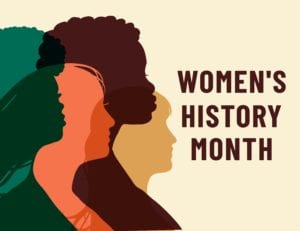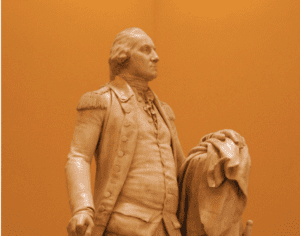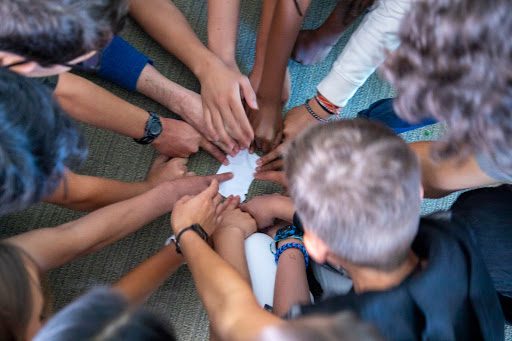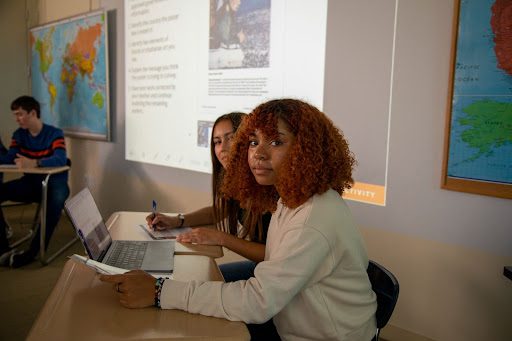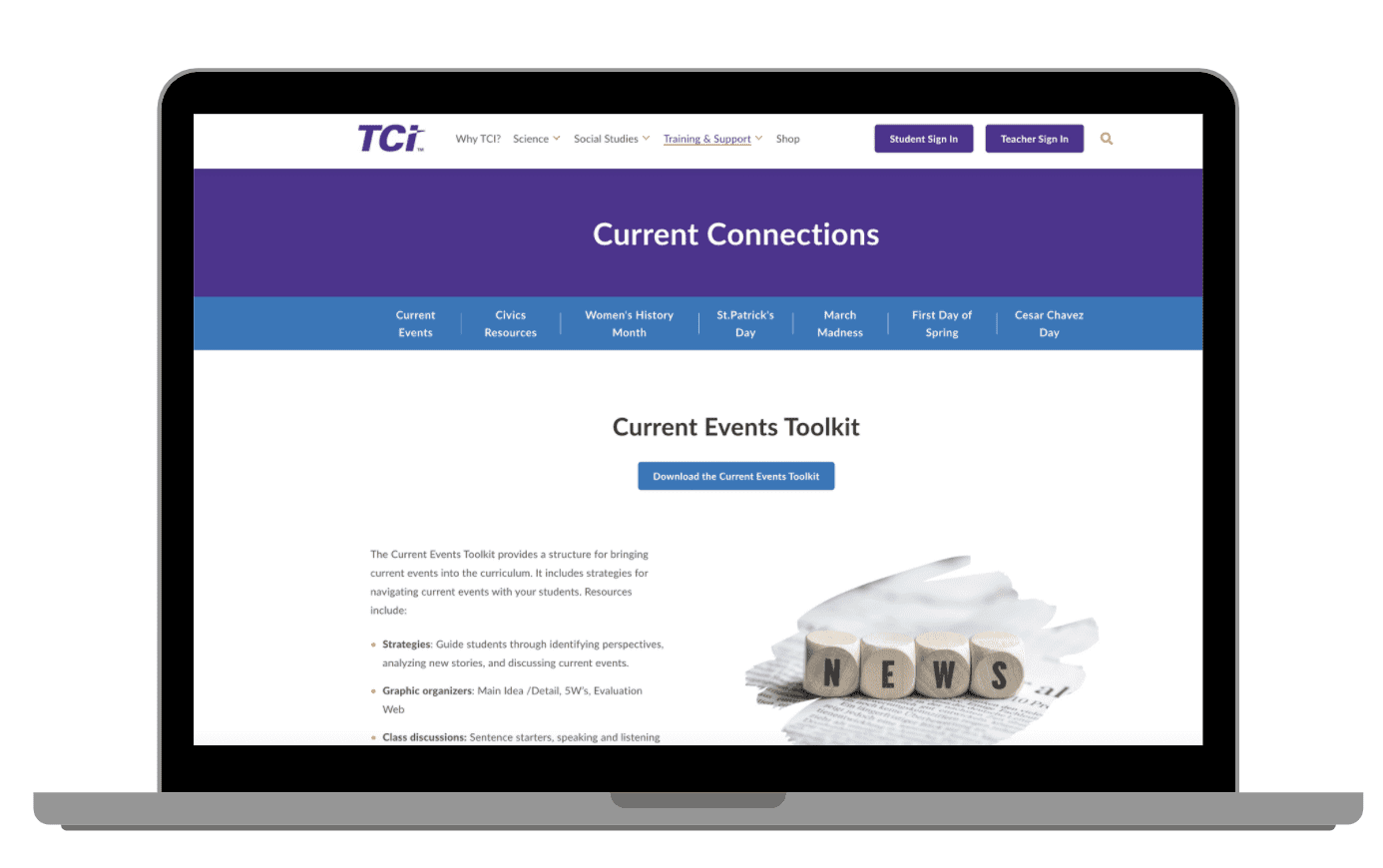
Women’s History Month, St. Patrick’s Day, and more—there are many opportunities to engage your students in March. TCI’s free social studies and science lessons provide relevant teaching resources, including video lessons, civics lessons, primary sources, biographies, and more. Check out these free lessons you can use throughout March.
Free Social Studies Lessons
Looking for civics lessons, primary source activities, and videos for your social studies classroom? Check out these free teaching resources that have been curated for March:
Women’s History Month: Introduce your students to the Nineteenth Amendment, which expanded voting rights for women. Students analyze a primary source song Daughters of Freedom and photo from a suffrage parade. They learn about Alice Paul and the process for amending the U.S. Constitution. View Women’s History Month lessons.
Daylight Savings, March 13: On March 13, 2022, we will move our clocks ahead one hour. Why do we have laws like this? This collection of civics resources includes a free lesson in which lower elementary students watch a video about rules and laws. They examine examples of rules and laws at home, at school, and in the community. Find this lesson in Civic Resources.
Ides of March, March 15: Et tu, United States? For the Ides of March, students learn how Ancient Rome influenced the modern-day U.S. political system. In this free civics lesson, students examine a statue of George Washington as the “American Cincinnatus” and identify political ideas from both the Roman Republic and the United States. Find this lesson in Civic Resources.
St. Patrick’s Day, March 17: Who Is St. Patrick, and why does he have a holiday? Students conduct an inquiry on St. Patrick using QR codes. View St. Patrick’s Day lessons.
César Chávez Day, March 31: Students analyze a primary source poster and song from the UFW grape boycott and predict how the civil rights movement might have expanded. View César Chávez Day lessons.
Free Science Lessons
Women’s History Month: Honor the work of women scientists with your class. Students learn about primatologist Jane Goodall, physicist Marie Curie, biologist Isabella Aiona Abbott, and bacteriologist Ruth Ella Moore. View Women’s History Month lessons.
March Madness: What is the science behind basketball? Students observe how gravitational force and air resistance work together as an object is dropped, then connect how gravity affects the sport. View March Madness lessons.
St. Patrick’s Day, March 17: Go on a Gold Quest with your students in a video lesson. Students explore the properties of gold and then carry out simple investigations to observe sections in other materials. View St. Patrick’s Day lessons.
First Day of Spring, March 20: As winter turns to spring, have your students investigate why we have seasons. In this free investigation, students model how Earth’s tilted axis causes the seasons using your bodies to represent the earth’s orbit and passing around an inflatable earth. View the First Day of Spring lessons.
TCI is continuing to create free lessons so teachers can keep their students engaged with timely resources. To see all of the resources, visit Current Connections.
